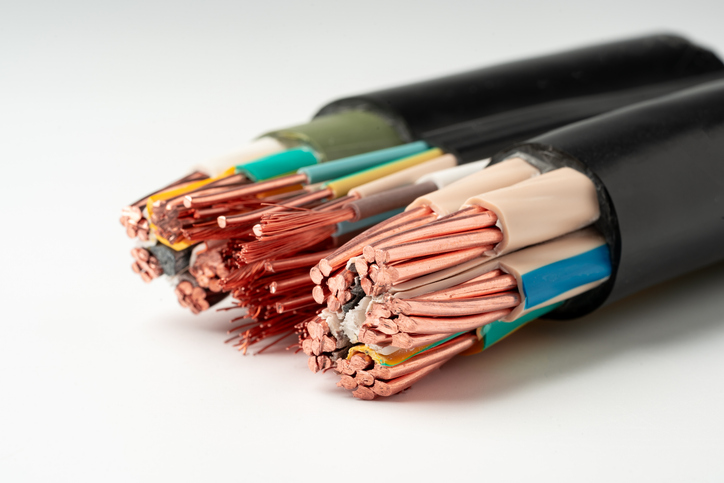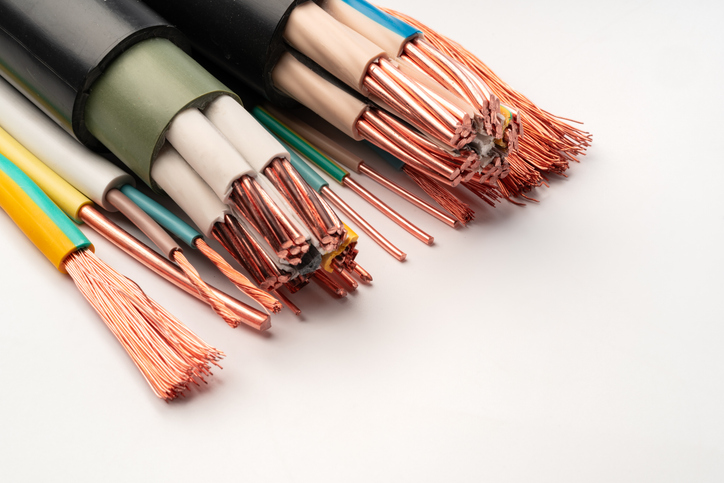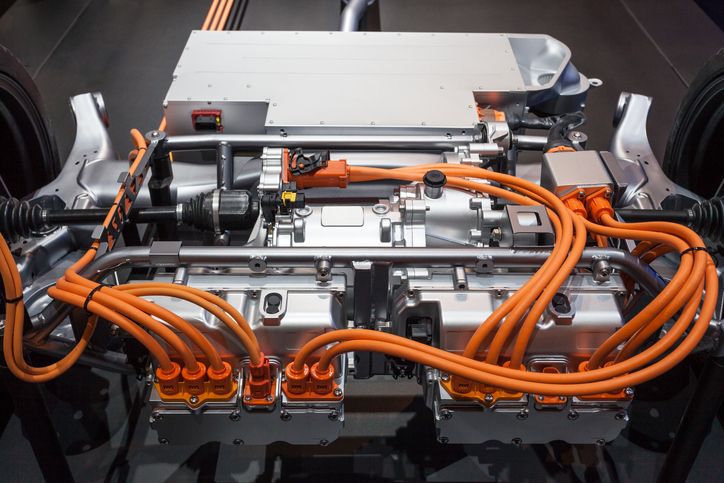Flat Cable
A Comprehensive Guide to Flat Cable: Benefits and Applications
Flat cables, commonly known for their versatile applications, have revolutionized various industries by offering superior performance and reliability. In this article, we delve into the specifics of flat jacketed cables, their construction, benefits, and practical uses.
Understanding Flat Jacketed Cable Construction
Flat jacketed cables are typically constructed from a range of wire types, similar to those utilized in ribbon cables. However, in practice, this configuration predominantly uses vinyl insulated wires and vinyl jackets. This choice of materials ensures durability and flexibility, making flat cables a preferred choice in many applications.
Innovative Techniques in Flat Cable Manufacturing
To prevent the outer jacket from fusing with the primary insulation—a condition that would make stripping the jacket without damaging the individual wire coverings impossible—specialized techniques are employed during the manufacturing process. These techniques are crucial in maintaining the integrity and functionality of the cable, ensuring ease of use and longevity.
Opaque vs. Transparent Jackets: Which to Choose?
Jacket selection is important when considering protection of the internal components of a cable as well as the physical appearance. While opaque jackets are generally the standard specification for flat cables, transparent materials are also available. Transparent jackets offer the advantage of allowing visibility of the color-coded wires throughout the cable's length. This feature can be particularly beneficial in applications where visual identification of wires is necessary for installation and maintenance.
Advantages of Flat Cables
Flat cables offer several key benefits over traditional round cables, including:
- Space Efficiency: Their flat profile allows for more efficient use of space, making them ideal for applications with limited room.
- Flexibility and Durability: The materials used in flat cables provide a combination of flexibility and durability, ensuring they can withstand bending and twisting without compromising performance.
- Ease of Installation: The design of flat cables facilitates easier routing and installation, especially in complex environments where space and accessibility are issues.
Applications of Flat Cables
Flat cables are used across various industries due to their unique properties. Some common applications include:
- Automotive Industry: In vehicles, flat cables are used for their flexibility and ability to fit into tight spaces.
- Telecommunications: Flat cables are essential in telecommunications for organizing and managing multiple connections efficiently.
- Medical Devices: The reliability and durability of flat cables make them suitable for use in medical equipment where consistent performance is critical.
From specialty electric vehicle wiring to telecommunications solutions, IEWC draws on partnerships with leading providers to deliver quality, reliability, and innovation in the evolving wire and cable industries. Learn more about the Flat Cable solutions IEWC can offer in your industry.
Flat cables, with their unique construction and material advantages, provide unparalleled benefits in various applications. By understanding their construction, manufacturing techniques, and practical uses, businesses and industries can make informed decisions about incorporating flat cables into their operations for enhanced efficiency and performance. Have questions? You can reach out to our team to request a quote. We can help you determine the Flat Cable for your unique application.
Related Resources

What is a Cable?
Cable, or cabling, consists of the twisting together of two or more insulated conductors.Learn More
Tray Cable
Across industry, tray cable (type TC) is a go-to solution that works in some of the harshest indoor and outdoor environments. Tray cable is a strong cable option, with many different features that make it ideally suited for an array of applications. Learn More
How to Choose the Right Wire or Cable
In selecting a wire or cable for an application, several factors should be considered. Learn More


